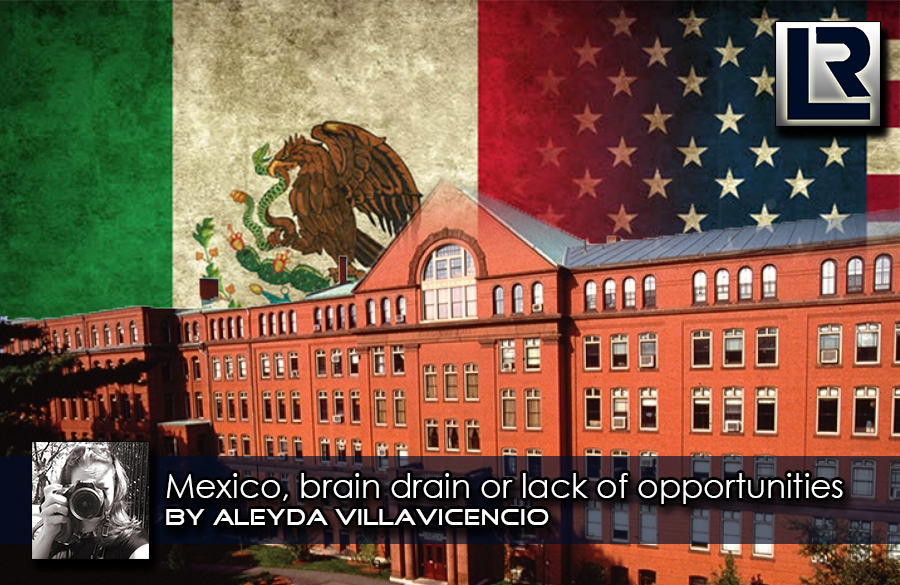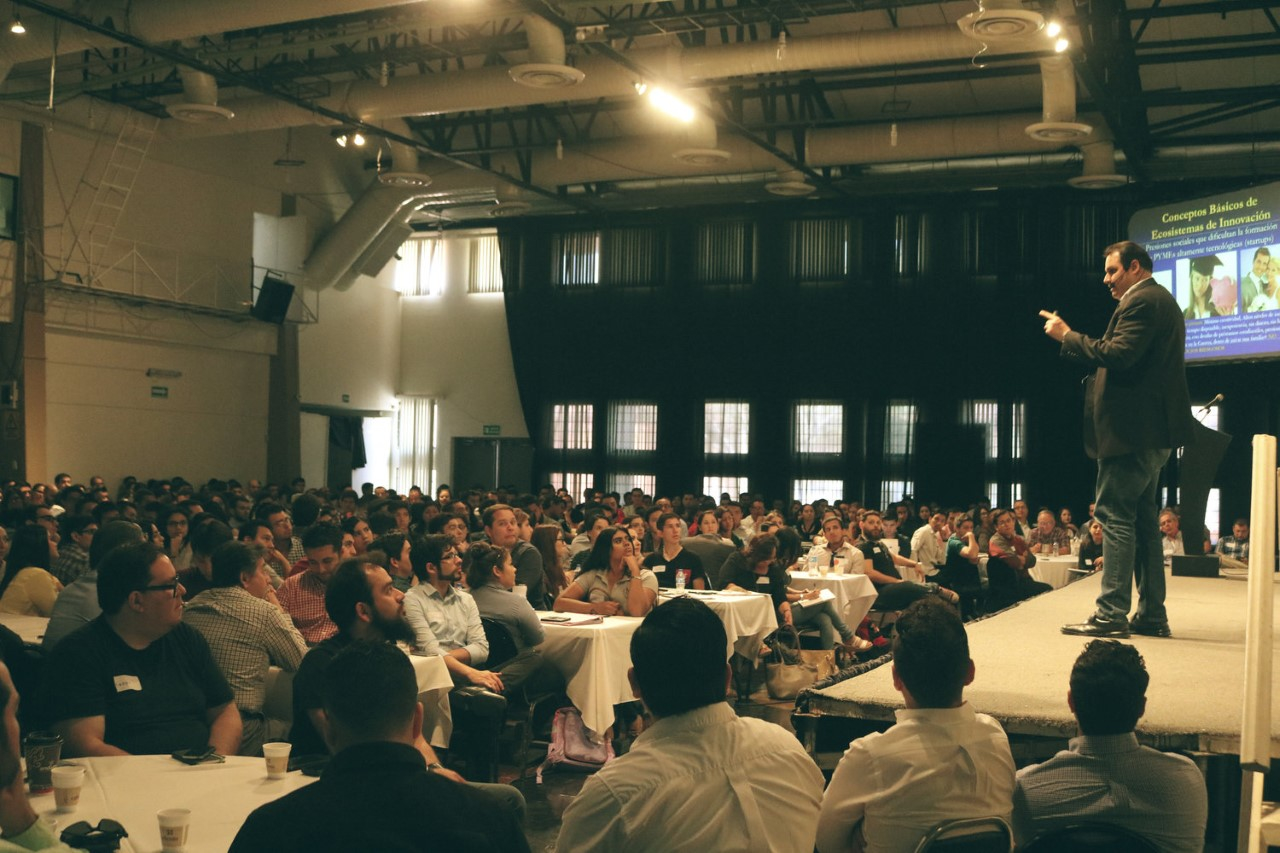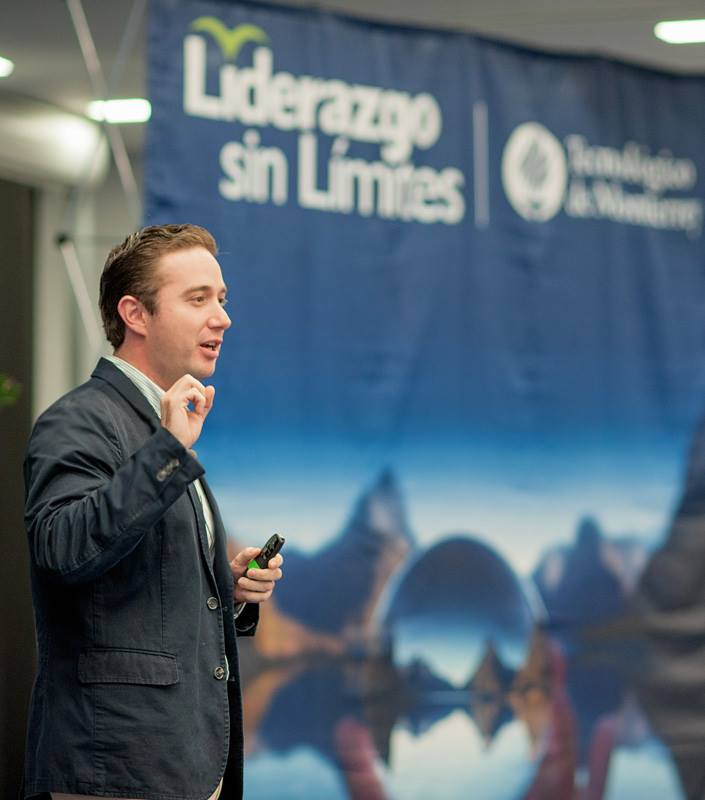Ramón Sanchez, director of the Sustainable Technologies and Health Program at the Harvard T.H. Chan School of Public Health.
By Aleyda Villavicencio
Ulises Ruiz-Esparza, 28, is currently the youngest leader of the Biomaterials Innovation Research Center, at the Harvard-MIT Division of Health Sciences and Technology. With a doctorate degree in biotechnology and nanotechnology, Ruiz-Esparza started in this position less than a year ago, but it did not take long before he realized that his residence in the U.S. could be in jeopardy.
Last February he went back to Mexico to renew his TN visa, which allows him to work in the United States under NAFTA. Once there, he learned that the process that used to take a few days could now take months, with no guarantee of a positive outcome. His concern was to lose not only his job but also the possibility to continue his research.
“If I had to return to Mexico, I would have to forget my research completely,” said Ruiz-Esparza. “It is practically impossible to do my job over there. It requires highly sophisticated equipment that is not readily available. In fact, sometimes even when you have the tools, the bureaucracy and the tariff laws in our country make it tough to get the necessary materials in a timely manner.”
Ruiz-Esparza is not the only scientist in this country facing a similar conflict when confronted with the possibility of having to go back to Mexico.
In Cambridge alone, there are dozens of Mexicans involved in projects that range from aeronautics to biotechnology and renewable energy. These Mexican professionals say multiple factors led them to stay in the U.S., including the fear that they would have fewer opportunities in Mexico, and that bureaucracy and corruption would limit their resources and inhibit their research.
Contrary to Trump’s allegations that “when Mexico sends their people, they’re not sending their best,” a 2013 study by Alma Maldonado, then a research assistant in the Center for International Higher Education at Boston College, showed that one-third of the total Mexican population with doctoral degrees live in the United States. As a result, approximately 11,000 Mexicans, whose post-graduate education was sponsored by the Mexican government or themselves, are employed in the U.S. and paying taxes on this side of the border.
Meanwhile, researchers at Southern Methodist University found that the two main reasons highly educated people flee Mexico is the lack of infrastructure and resources, followed by politics in academia.
“In Mexico, anyone could become head of the university only because he is a friend of the current governor,” said Professor Ramon Sanchez, director of the Sustainable Technologies and Health Program at the Harvard T.H. Chan School of Public Health.
Sanchez, 42, has lived in Boston more than 10 years and has developed multiple renewable energy projects throughout Mexico. He believes “the main detractor for talent to remain in Mexico is corruption.”
But the unethical distribution of key positions in the education system is not the only concern for Mexican students and scientists; the allocation of government funds through scholarships is also an issue. Most of this money is funneled through the National Council of Science and Technology, and it does not give the money directly to the universities.
“[The leaders of the Council] want to keep control of who gets these funds,” said Marco Munoz, director of the Office of Global Initiatives at the Massachusetts Institute of Technology, “since scholarships are not always awarded for merit, but for influence.”
One of Munoz’s responsibilities at MIT is to find “philanthropic partners,” both to implement students’ ideas and to create scholarships for specific countries.
Munoz speaks to wealthy people around the world and particularly in Latin America. He said it is difficult to find financial partners in Mexico, and the most common reason he gets is “I don’t want to sponsor people to study abroad because they are not going to come back.”
Munoz agrees, but explained that after many years of working with students from around the world, Mexicans educated abroad feel unwelcome returning home.
Four years ago MIT created the first 10 Peruvian-preferred scholarships thanks to a philanthropic partner from Peru. Munoz explained that the businessman who funds these scholarships comes every year to visit the students and invites them to his various businesses in Latin America. “They get involved with the companies’ problems, and they do internships over there [to try to find solutions],” he said.
Munoz, who studied at the University of Texas School of Law, with a scholarship from the government of Veracruz, said he has never seen this bond between Mexican students and their authorities.
“There’s no link other than the money between the students and their government,” he said. This leads to a disconnection between the institutions that could benefit from these scholars and the needs of the students who could bring their knowledge back to their country, he added.
For Ruiz-Esparza, returning to Cambridge was crucial for the future of his research. He said he was lucky his renewal was approved in a timely manner and was able to come back to work without delay.
He still remembers the difficulties he went through when he tried to continue his research in Mexico after he completed his doctorate in Houston.
“It took me five months of reaching out to different laboratories throughout the country to try to make some tests,” said Ruiz-Esparza. “Something we do here in a matter or minutes can take you months in Mexico. There’s no way to compete with scientists from developed countries when you don’t have the resources at hand.”
When Ruiz-Esparza finished his MD-PhD program, he was only 27, and he insists that he would not have accomplished as much in Mexico as he has in the United States.
“In Mexico, except for my mentor, nobody would take me seriously,” he said. «Every time I went back before my doctoral thesis was so widely recognized, people would tell me I was a fool, a child,” said Ruiz-Esparza. “Ironically, here in the United States, Harvard believed in me and invited me to work with them. The opportunity was a dream come true, and I didn’t think twice.”
About Me: https://about.me/aleyda.villavicencio
Twitter: @aleydag
FaceBook: Aleyda Villavicencio
Blog: http://milunitatucumana.blogspot.com











